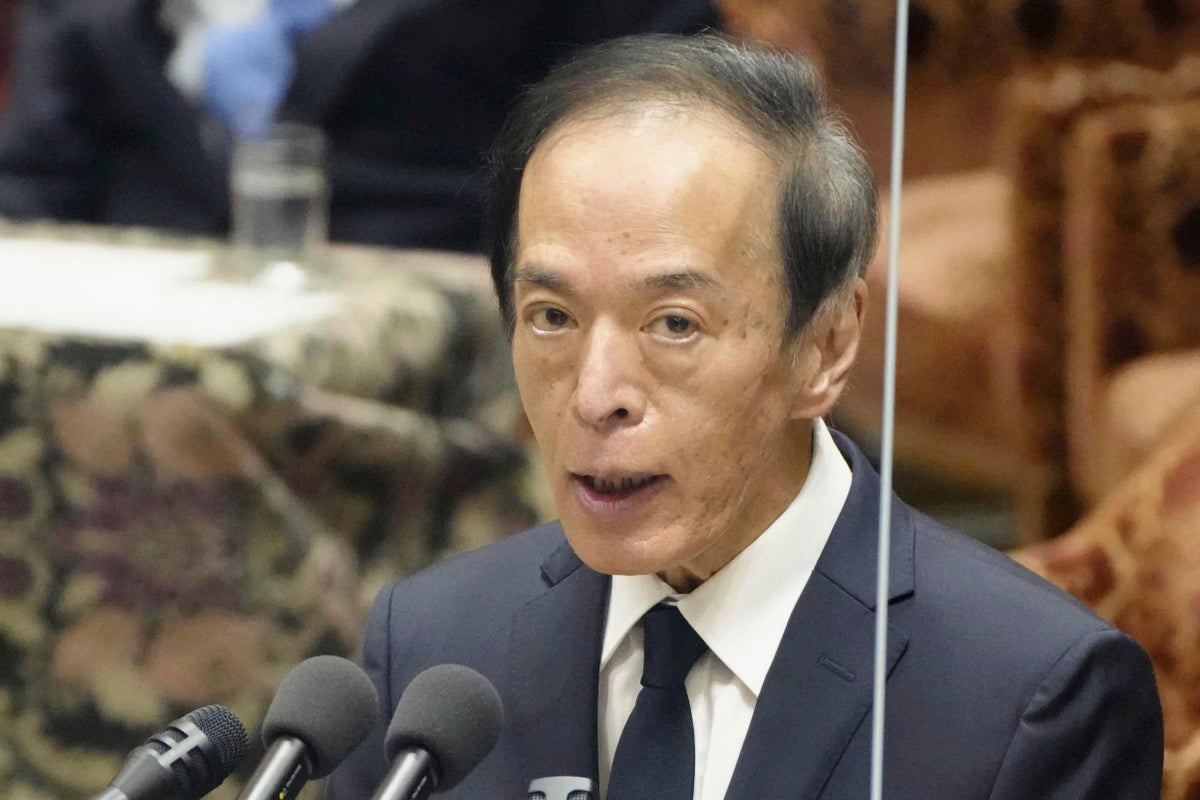
The appointment for the next head of Japan’s central bank won parliamentary approval Friday, challenging a new monetary leadership with steering the world’s third-largest economy through inflation and other looming risks.
The nomination of Kazuo Ueda and his deputies was approved by the upper house of parliament, a day after its approval in the lower house.
Ueda hails from a scholarly background unusual for a Bank of Japan governor. He has promised a smooth transition from his predecessor's “Abenomics” — the ultra-loose monetary policies of former Prime Minister Shinzo Abe.
Until recently, the Japanese economy was stuck in deflation, a continuous spiraling down of prices, for decades. “Abenomics” policies centered around zero or negative interest rates were designed to combat deflation.
But Japan’s consumer inflation rate hit a 41-year high of 4% in December. The central bank has set a 2% inflation target, but recent data show prices are rising higher than that rate.
Ueda succeeds Haruhiko Kuroda, whose second five-year term ends April 8. Ueda is set to chair his first Bank of Japan policy meeting later in the month.
Under Kuroda, Japan has kept short-term interest rates at minus 0.1% and its target for the 10-year Japanese government bond yield at around zero.
Ueda, an economics expert with a doctorate from the Massachusetts Institute of Technology, has so far indicated he won’t make any quick hike moves, stressing stability and continuity, while acknowledging the difficulty of his assignment.
Some analysts don’t expect Ueda to rush exiting the zero-interest policy of his predecessor. Ueda has been with the Bank of Japan’s policy board since 1998, and so was involved in shaping the recent monetary policies.
The U.S. Federal Reserve and the world’s other central banks have been raising interest rates to combat inflationary pressures. And that trend is expected to continue. Economists at Goldman Sachs expect the central bank to raise its benchmark short-term rate to about 5.6%, up from 4.6%, and above the 5.1% level the Fed penciled in late last year. ___
Yuri Kageyama is on Twitter: https://twitter.com/yurikageyama







